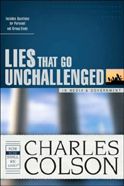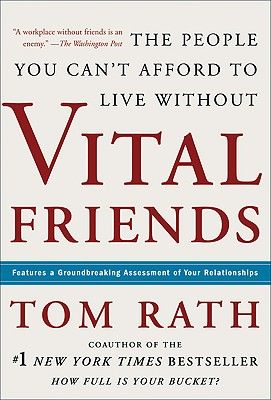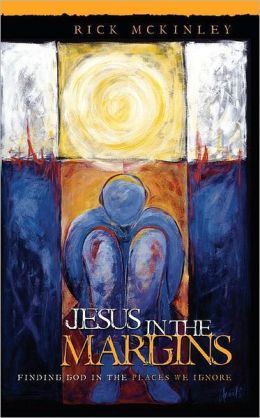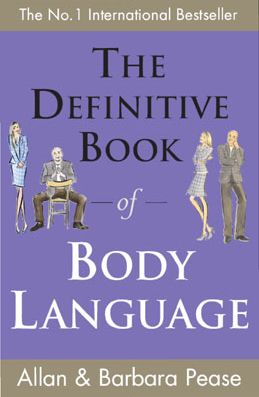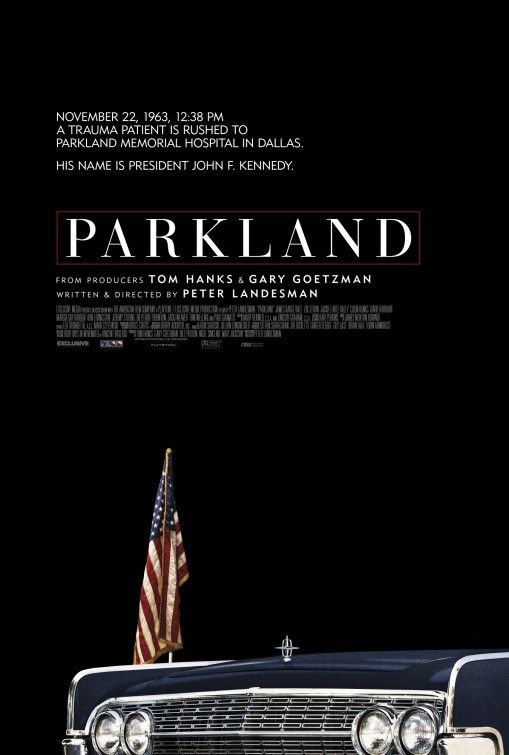Thursday, January 29, 2004
For most of us rationalists, the word means "not true." Isn't that what you think when you hear someone say, "Oh that's just a myth"? Meaning, that's not factually true. But myth is a story, like a parable, that speaks of Eternal Truths. I am not using myth in a technical way, referring to ancient Greek mythology. I am using it more broadly, more inclusively, to mean "a story that brings you a glimpse of the eternal" or "any story that awakens your heart to the deep truths of life." That is the unifying quality of all mythic stories, whether they be Sisyphus or Sleeping Beauty or The Matrix. Christian professor Rolland Hein has described it this way: "Myths are, first of all, stories: stories which confront us with something transcendent and eternal . . . a means by which the eternal expresses itself in time."
Note the success of the Star Wars films or, more recently, The Lord of the Rings trilogy. Millions of people have enjoyed them—and more than once. It isn't because we think the stories are true in a factual sense. We don't even stop to ask the question about the historical accuracy or their scientific possibility. Their appeal lies deeper, in the realm of the heart.
Former Wheaton College president Clyde Kilby explains, "Myth is the name of a way of seeing, a way of knowing." Not fantasy, not lies, but things coming to us from beyond the walls of this world. Rolland Hein observes, "They are the kind of story that wakes you up, and suddenly you say, 'Yes, yes, this is what my life has really been about! Here is where my meaning and my destiny lie!'" And we need some waking up, you and I.
That's the same purpose that the arts serve, be it literature or visual, there are always some things beyond our grasp and we need these stories to explain it to us. Exactly what do fanboys and artists have that some us don't? They function closer to their heart much more than some of us can. I'm not saying that those that doesn't fall in that category don't have a chance in this world to do so. It just so happens that we learned to disconnect our head from our heart. Somewhere along the way we learned to let rationalization take over faith, effectively severing any chances of "seeing" things with childlike wonder and amazement. Check out Plato's Cave to explain things further.
The second point the author makes early on in the book is this: we are born in a world at war. Aside from what we read and learn from the news, this war he's talking about rages on even in our own little world. Beyond the conflicts between friends or family there is a greater war going on even while we're going about our business, that of between good and evil.
This is precisely what the Bible has warned us about all these years: that we live in two worlds—or better, in one world with two parts, one part that we can see and one part that we cannot. We are urged, for our own welfare, to act as though the unseen world (the rest of reality) is, in fact, more weighty and more real and more dangerous than the part of reality we can see.
This is exactly what movies like The Matrix show. While the supposed world goes about its business there's a greater war being fought outside by the Agents versus the Zionists. One side fighting to keep humans blissfully ignorant of a world outside their own to serve their own purposes and the other fighting to let them know that they're being used against their will.
Darth Vader just about has the universe under his evil fist when a pair of droids fall into the hands of Luke Skywalker. Luke has no idea what is unfolding, what great deeds have been done on his behalf, or what will be required of him in the battle to come. Sitting in a sandstone hut with Ben Kenobi—he does not know this is the great Jedi warrior Obi-Wan Kenobi—Luke discovers the secret message from the princess: "This is our most desperate hour. Help me, Obi-Wan Kenobi. You're my only hope."
Indeed it is our most desperate hour. While the hours turn and days pass by faster, the enemy knows that his time is short and both sides are doubling their efforts to save or destroy whatever lives they can. Have you noticed how more and more people are beginning to turn to spirituality look for answers? What we feel sometimes are the reverb of the war going on around us. Christians are informed about this war the moment they accepted Jesus Christ into their hearts. The zeal one feels initially is good. We would immediately want to march out to the front and take on as many enemies and souls as we can. But somewhere along the journey we begin to become complacent and, sometimes, even apathetic about the warfields. After spending some time in "bootcamp" we never want to go out there and fight the battles we were trained for all these time. We forget what it is we're supposed to do.
Christianity isn't a religion about going to Sunday School, potluck suppers, being nice, holding car washes, sending our secondhand clothes off to Mexico—as good as those things might be. This is a world at war. Something large and immensely dangerous is unfolding all around us, we are caught up in it, and above all we doubt we have been given a key role to play.
No doubt this last line surprises you. For most of our lives we think that we're nothing special. We can just go by on our ordinary lives doing ordinary things. At the end of the day (or week) we unwind by reading books or watch movies that take us to fantastic worlds where we could participate in the adventure of a lifetime. Other times we tell stories to each other, blowing the details to bigger proportions to make ourselves bigger heroes in the eyes and ears of our friends (we men are so guilty of this ). But is that it? Are we content to just settle with this story? Or are we being kept in dark about something we should know about?
Frodo, the little Halfling from the Shire, young and naive in so many ways, "the most unlikely person imaginable," is the Ring Bearer. He, too, must learn through dangerous paths and fierce battle that a task has been appointed to him, and if he does not find a way, no one will. Dorothy is just a farm girl from Kansas, who stumbled into Oz not because she was looking for adventure but because someone had hurt her feelings and she decided to run away from home. Yet she's the one to bring down the Wicked Witch of the West. Joan of Arc was also a farm girl, illiterate, the youngest in her family, when she received her first vision from God. Just about everyone doubted her; the commander of the French army said she should be taken home and given a good whipping. Yet she ends up leading the armies to war.
Take comic book heroes for example: Why do we think Batman's cool? It is because he can lead the double life we could only dream of, being a successful millionaire and Dark Knight at the same time. In either persona he couldn't be what he seems to be. Like The Matrix's Thomas Anderson, you think you're stuck in rut doing something you consider the most boring thing in the world but that's because you haven't yet woken up to the reality of things. Something or someone has to have the persistence and faith to believe that you're someone much more than you think you are. They also need to take the initiative to get your attention to wake you up to your destiny. It's like one big role playing game except this time it's real. We don't have to take on imaginary roles because the roles were being called to are more commanding, mind-blowing, and wicked than our loftiest imagination could ever afford. But you have to take the first step in asking what it is you're destined to do from the One who made you. I have to warn you though, the journey to waking up from your stupor is fraught with danger because the last thing the enemy wants you to find out is knowing what you're really capable of.

 @ 9:24 PM --->
@ 9:24 PM ---> 


